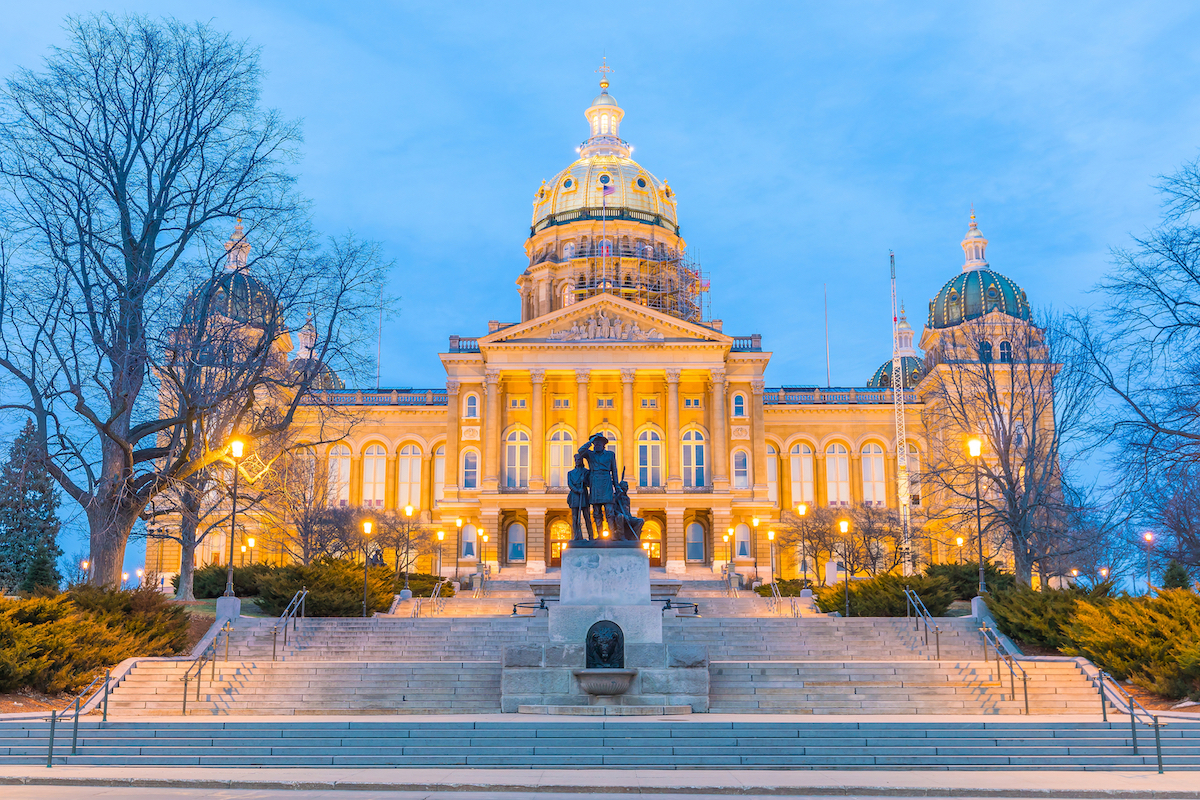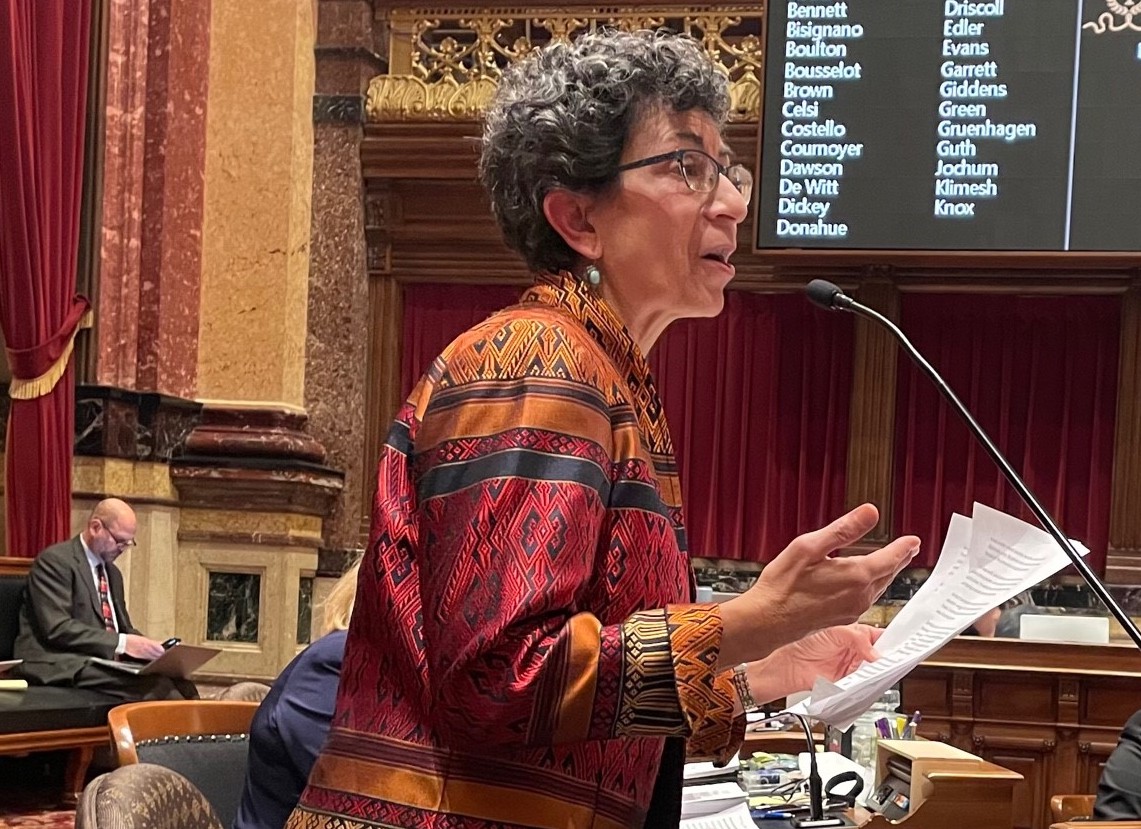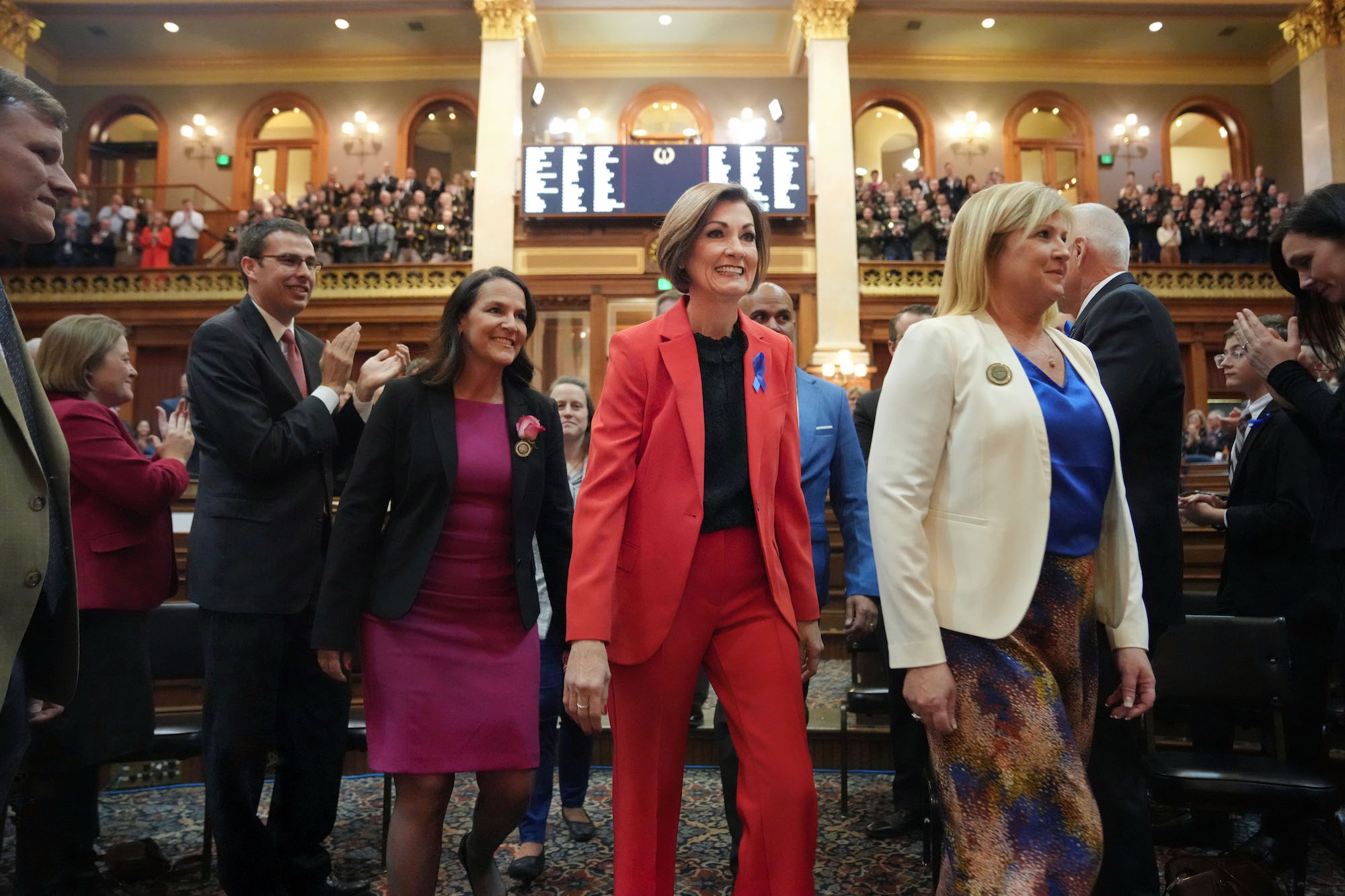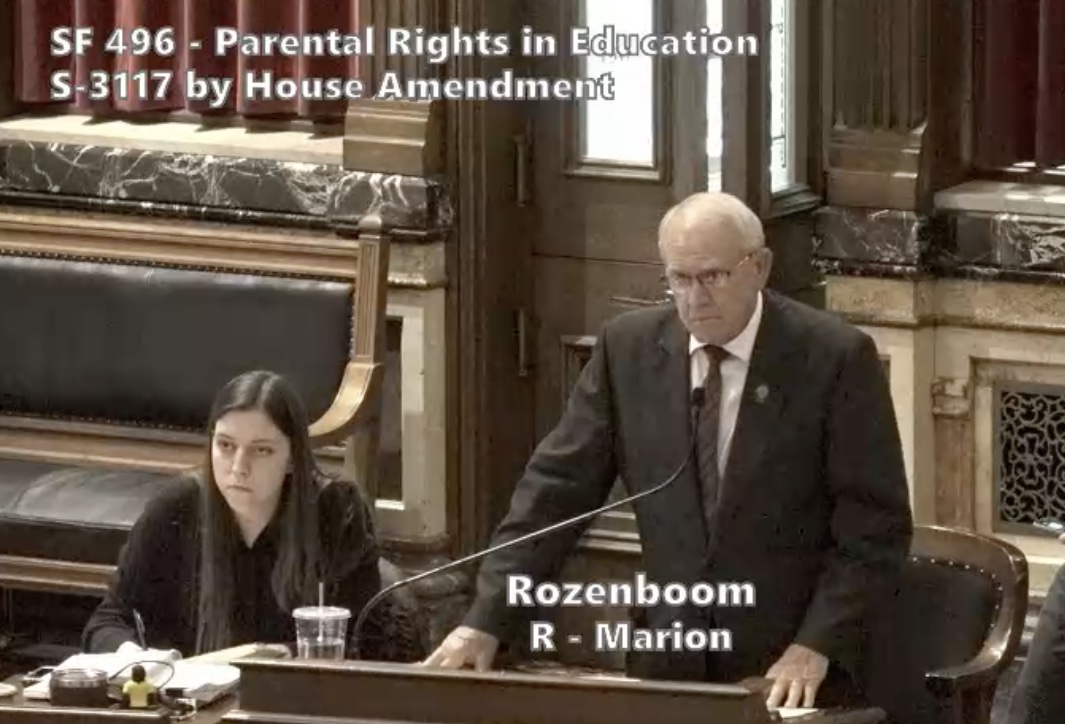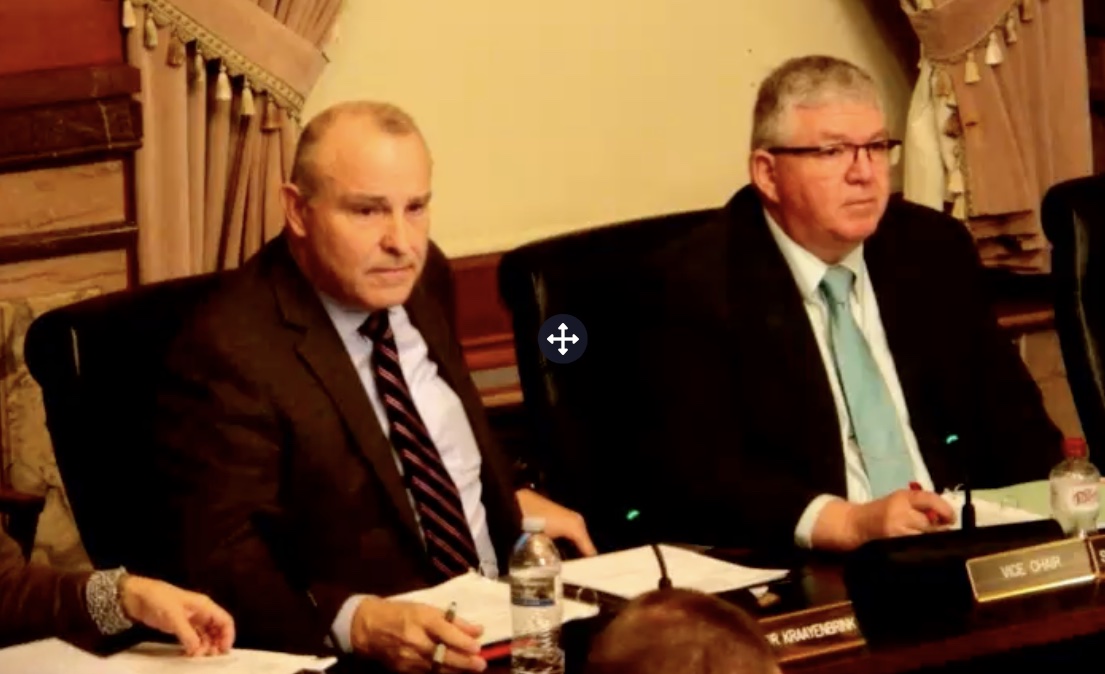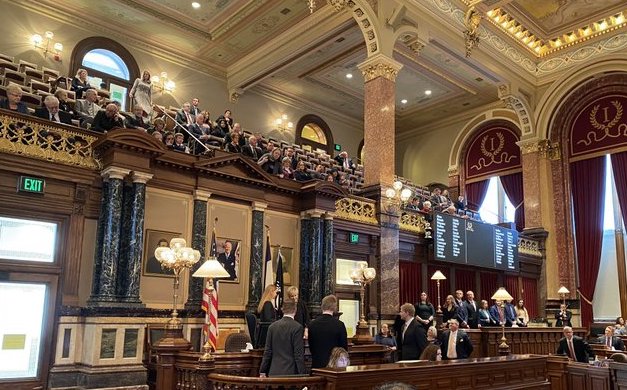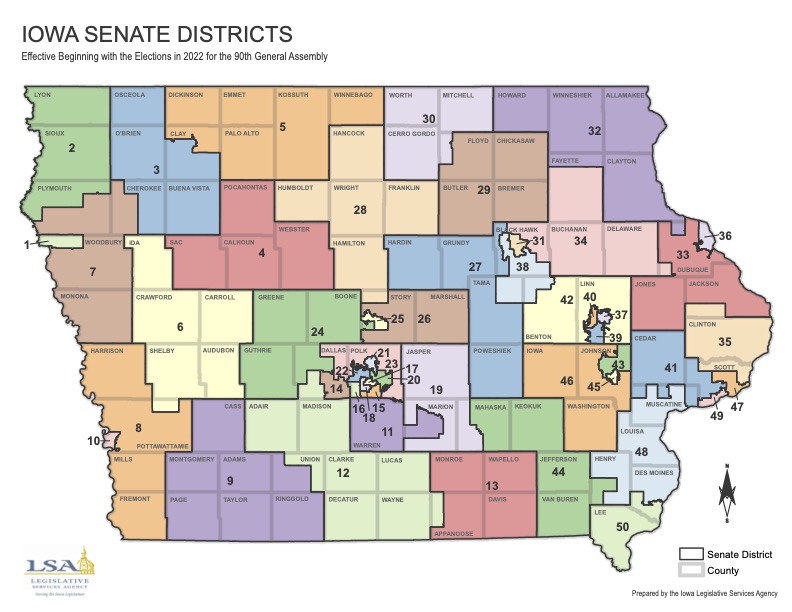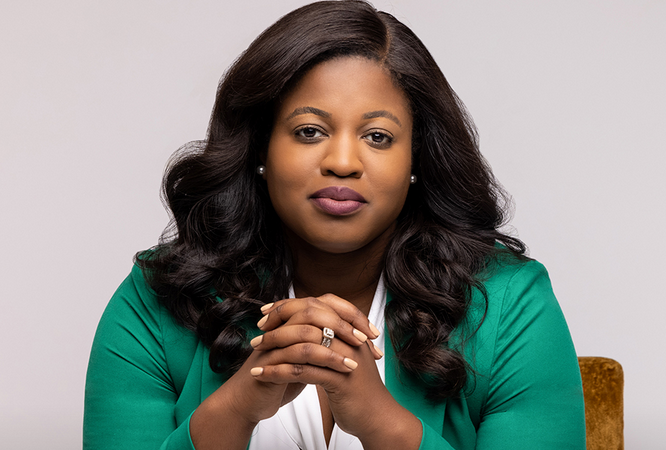State Representative Molly Donahue: “Amy Klobuchar is running to be the president of all the people, not half the people.” -promoted by Laura Belin
Amy Klobuchar isn’t just a smart, funny, gritty, senator from Minnesota who gets things done. She is someone who studies and weighs the pros and cons of policy. She not only knows her own policies in and out, but she also knows the policies of her fellow presidential candidates.
Amy’s one-liners are filled with a wealth of knowledge about how the system works and how to get to where we want to be, while uniting those around her. She has proven her strength is uniting by getting people to work together towards a common cause as a senator, and she has shown time and again that she can stand up to Trump and his policies.
Amy has fought to expand affordable health care options, building on and improving the Affordable Care Act, and working across the aisle to reduce prescription drug prices while allowing Medicare to negotiate with pharmaceutical companies. She wants to end the stigma of mental illness in this country, and to make sure that services are available and affordable for the people in need.
She believes in providing a pathway for citizenship for undocumented workers, and that we must begin to reduce carbon emissions with a plan to achieve net-zero carbon emissions by 2050 while embracing natural gas as a “transition” fuel to help the U.S. move away from foreign oil. She has experience working with agriculture and knows that our farmers and rural communities are at risk because of President Donald Trump’s tariffs. She has a plan to put our rural areas back to work and help farmers be sustainable into the future while protecting the environment.
Amy doesn’t look at things and say they can’t be done. Instead, she asks, how do we get there with everyone, not just part of the country? She is running to be the president of all the people, not half the people.
She is the daughter of a public school teacher, and knows the importance of a public education for a successful future. Amy stands for the people, the workers of America and stresses the importance of the unions to strengthen our work force and continue to build a strong middle class with good jobs, wages, benefits, and safety in the workplace. She supports expanding access to vocational training and other post-secondary education in an affordable way, so students aren’t burdened with insurmountable debt.
Everytown for Gun Safety and Moms Demand Action have praised Amy for her strong stance on gun violence prevention. She jokes she isn’t looking to hurt her uncle, who’s a big hunter. Rather, she supports instituting universal background checks, banning assault rifles, and Extreme Risk Orders, also known as “red flag” laws – which allow law enforcement to remove guns from people they determine to be a threat.
Amy speaks about our allies around the world, and how she will bring them back to the table to stabilize the damage done by the Trump administration. She is a fighter for LGBTQ and women’s rights.
From campaign finance reform to foreign policy, Amy Klobuchar is a great candidate who can win.
I am very happy to announce that I have endorsed Amy Klobuchar for president. She is the person we need to unite this country and to move the country forward. Amy will work across the aisle to pass progressive policy and has what it takes to not only stand up to Trump, but to beat Trump.
She has the work ethic and values that the country wants in a leader, and she will put the people first when she implements the policies and changes for her administration.
Plain and simply, Amy Klobuchar will provide a great future for our kids as president of the United States.
Editor’s note: Bleeding Heartland welcomes guest posts related to the Iowa caucuses, including but not limited to candidate endorsements. Please read these guidelines and contact Laura Belin if you are interested in writing.
Top image: Senator Amy Klobuchar (left) and State Representative Molly Donahue in Cedar Rapids at a September 1 “climate conversation” event organized by State Senator Rob Hogg. Photo provided by the author and published with permission.


